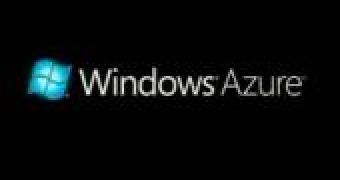Transport for London has embraced Microsoft’s Cloud platform citing the need for a system capable of handling jumps in demand, especially unpredictable boosts in the number of visitors trying to access TfL information. The Redmond company revealed that both the TfL's Developers Area and new Trackernet data feed will be migrated to the Windows Azure platform.
The Developers' Area can be leveraged by devs in order to build applications designed to tap TfL's data feeds, and make the information available to the public.
TfL plans to add a new data feed to the Area dubbed 'Trackernet.' Through 'Trackernet' TfL intends to offer real time data on the status of the Tube network.
According to the software giant, the move is a part of the Transport for London’s Digital Strategy and open data policy initiative.
"TfL asked for a system able to handle in excess of seven million requests per day, as well as being able to scale to handle unpredictable events like snow days,” revealed Mark Taylor, Director Developer and Platform Evangelism at Microsoft UK.
“Microsoft's cloud computing platform, Windows Azure is ideal for this kind of task and provides a great basis for the program of innovations that TfL has planned over the coming years, such as Trackernet. We look forward to continuing to work with TfL and other organizations seeking a secure, trusted cloud computing experience."
It appears that Microsoft and TfL have worked in partnership on moving the Developers Area and the Trackernet data feed to Windows Azure with a focus on scalability.
The software giant has emphasized time and again that one of the strongest assets of Windows Azure is the ability to easily handle peaks in demand, with TfL requiring a platform resilient enough to handle several million requests daily.
"This is great news for TfL passengers. We are committed to making travel information available to passengers how and when they want it,” Chris MacLeod, TfL's Director of Group Marketing added.
“Trackernet - which will lead to some new apps and which many developers have already tested for themselves - is a great example of how TfL is using new technologies to provide better travel tools for public transport users."

 14 DAY TRIAL //
14 DAY TRIAL //